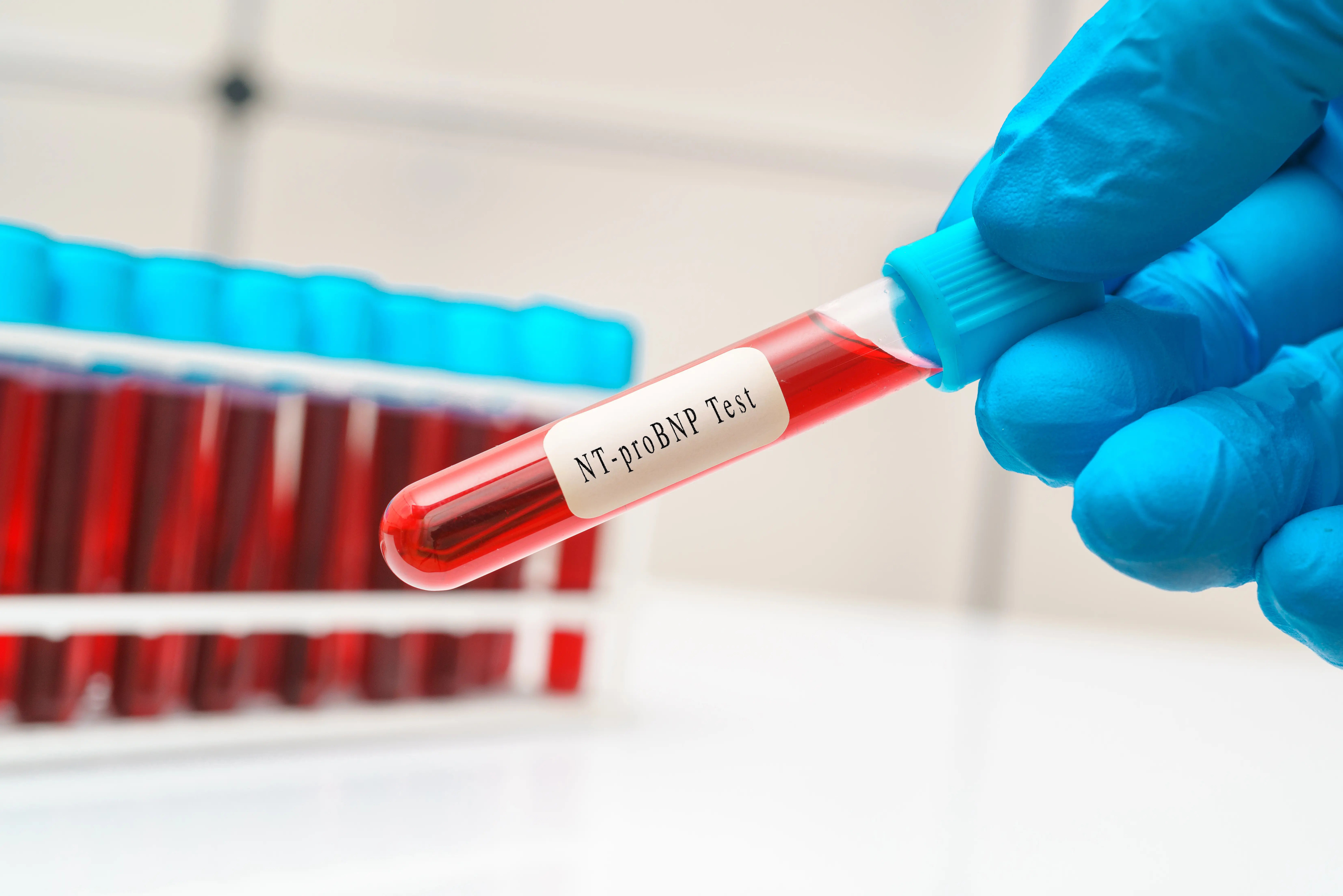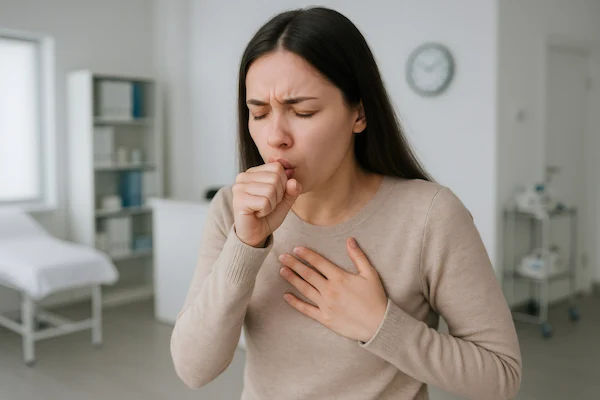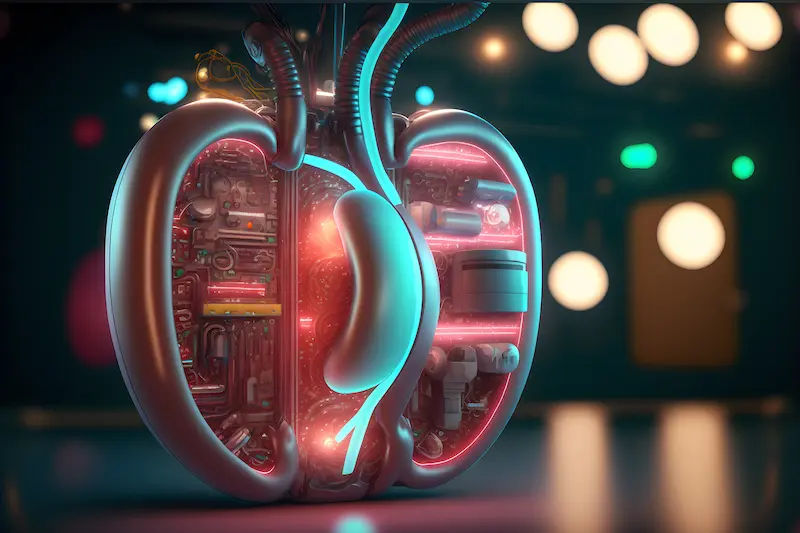- Male
- 40 Years
- 29/01/2025
I've been dealing with a recurrent pericardial effusion and had it removed twice already. After the second removal, I was given steroids but stopped them after a month, and now the effusion is happening again. I've also been on TB medications for four months. I'm really concerned about this recurring issue. Can you suggest any permanent solutions or steps I should take next?
Answered by 1 Apollo Doctors
It sounds like you are dealing with recurrent pericardial effusion despite previous treatments. Since you have been diagnosed with tuberculosis (TB) and have been taking TB medications for the past 4 months, it is important to continue with your TB treatment as prescribed by your healthcare provider. In addition to TB treatment, your healthcare provider may consider prescribing colchicine to help prevent recurrent pericardial effusion. Colchicine has been shown to be effective in reducing the recurrence of pericardial effusion in patients with a history of recurrent episodes. Please consult with your healthcare provider to discuss the possibility of adding colchicine to your treatment regimen for a more permanent solution to your recurrent pericardial effusion.
Dr. Kareemulla Suggests...
Consult a Cardiologist
Answered 04/07/2025
0
0

More Cardiology Health Queries
View allI've been experiencing some chest pain on the left side, right above my heart. It happened for a few minutes, but then it went back to normal. The same thing occurred about six months ago. I'm a bit concerned and would love to get your suggestions on what might be going on and how I can deal with this issue.
Based on your description of chest pain above the heart that comes and goes, it is important to rule out any cardiac issues. However, considering the pain is brief and has occurred before, it could be due to muscle strain or inflammation in the chest wall. I recommend taking a pain reliever such as Acetaminophen 500mg as needed for pain relief. Additionally, applying a warm compress to the area may help relax the muscles. If the pain persists or worsens, further evaluation by a healthcare professional is advised.
Answered by 1 Apollo Doctors
I'm really worried about my aunt. She's a heart patient and recently had bypass surgery. She's been taking Acitrom 2mg, and the doctor warned us that mixing it with other medications could cause serious side effects. But now, for her leg pain, another doctor recommended she take Amifru 40mg. I'm just concerned - is it safe for her to take both Acitrom and Amifru together? Would love some guidance on this.
no problem you can take.
Answered by 1 Apollo Doctors
I'm really worried about my mom. Her recent reports showed that her heart's LVEF is just 18. Could you suggest ways to increase it? Shes between 18 to 60 years old. Any advice would be greatly appreciated.
Visit Cardiologist for appropriate management
Answered by 1 Apollo Doctors
Disclaimer: Answers on Apollo 247 are not intended to replace your doctor advice. Always seek help of a professional doctor in case of an medical emergency or ailment.





